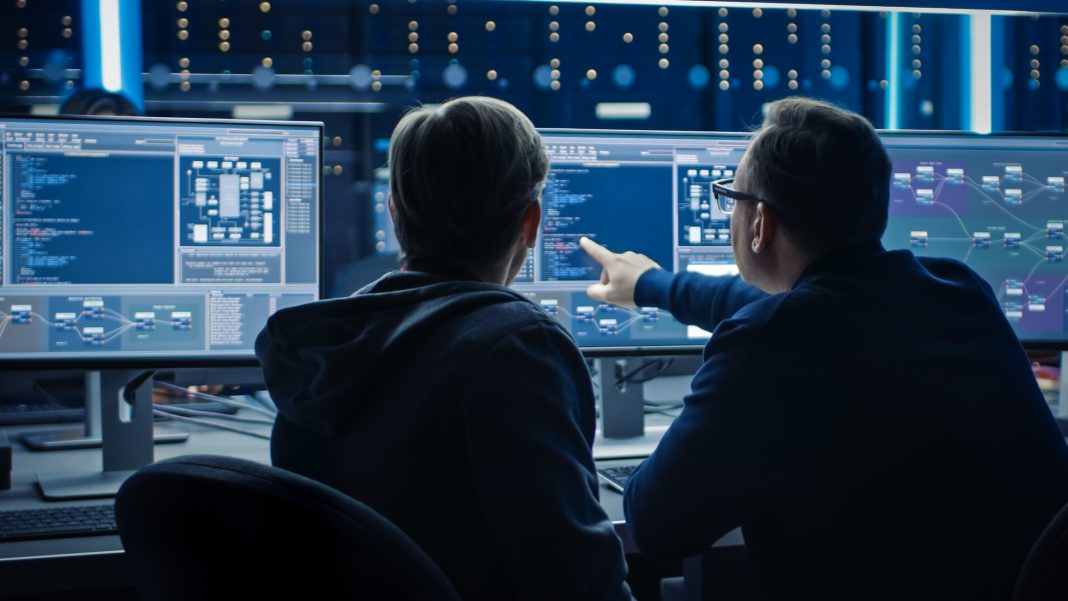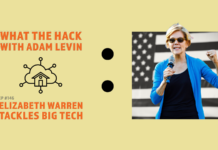With cybersecurity skills in strong demand and major data breaches dominating news headlines, many people are entering graduate school to pursue a career in the field. Specialization and course options differ somewhat, but with this degree you can be institution-agnostic because all the masters programs out there provide the skills and knowledge you will need to find a successful career in cybersecurity.
While the broad strokes of a master’s degree in cybersecurity are fairly consistent, the value of an education can vary widely by the curriculum and area of focus. You may want to qualify for a management position, or improve your technical skill set. Cyber law students can apply knowledge from a master’s in cybersecurity to their burgeoning legal practices. The areas these degrees cover include computer engineering, cyber law and policy, computer networking, and operating systems (to name a few). More importantly, students also learn how to apply their knowledge to jobs or research positions.
Ultimately, professors make the program. Great careers are made by even greater teachers. The way they engage with the material and bring it to life forms the bedrock for your expertise, and they often can help students further their careers long after graduation.
These five cybersecurity professors teach at top graduate programs and are leaders in the field.
- Edward Amoroso teaches at two esteemed cybersecurity programs, acting as a research professor at New York University and adjunct at Stevens Institute of Technology. Amoroso has extensive experience in both the technical and policy side of cybersecurity, giving him a well-rounded perspective. His professional experience includes over 30 years at AT&T, twelve as the company’s Senior Vice President and Chief Security Officer. As founder and CEO of TAG Cyber, Amoroso oversees global research and consulting in the public and private sector.
- Ebrima N Ceesay teaches and lectures at University of California, Berkeley, Johns Hopkins, and George Mason University. In the professional sphere, he currently serves as a distinguished cyber engineer at Capital One and previously acted as the principal scientist at Noblis—a non-profit that advises federal organizations. Ceesay has an extensive research background in several areas, most notably the convergence of cybersecurity and machine learning. In 2019, he taught two capstone courses for the Berkeley Master of Information and Cybersecurity program, meaning students had an opportunity to complete their graduate projects under his guidance.
- Kathleen M. Carley is a Carnegie Mellon University professor who teaches and researches at Heinz College and the Tepper School of Business. According to her university bio, Carley “examines how cognitive, social and institutional factors come together to impact individual, organizational and societal outcomes.” Her work has influenced policy in numerous disciplines—from counter-terrorism to disaster preparedness. She has served on both the Defense Science Board and Department of Homeland Security Science and Technology committee and wrote or edited six books. Carley is an excellent example of the opportunities there are to find real-life applications for research.
- Elizabeth Rogers at The University of Texas at Austin lectures about and, more importantly, works in cybersecurity law and policy. According to the University of Texas Austin website, she specializes in breach responses, privacy risk assessments, and enterprise-wide cybersecurity compliance frameworks. Rogers is also a partner at Michael Best, one of the top law firms in the country, and helped shape Texas’ privacy strategy, serving as Chief Privacy Officer for the Texas Comptroller of Public Accounts. In 2019, she was voted one of Latino Leaders magazine’s best Latino lawyers.
- Richard DeMillo at Georgia Tech is both interim chair at the university’s School of Cybersecurity and Privacy and founder and director of the Center for 21st Century Universities (C21U). DeMillo’s work revolves around bringing modern developments to higher education, making him a great fit at Georgia Tech, one of the world’s most innovative schools. Outside academics, DeMillo served as the first Chief Technology Officer at Hewlett-Packard, giving him a base of relevant real-world experience to inform his teaching.










